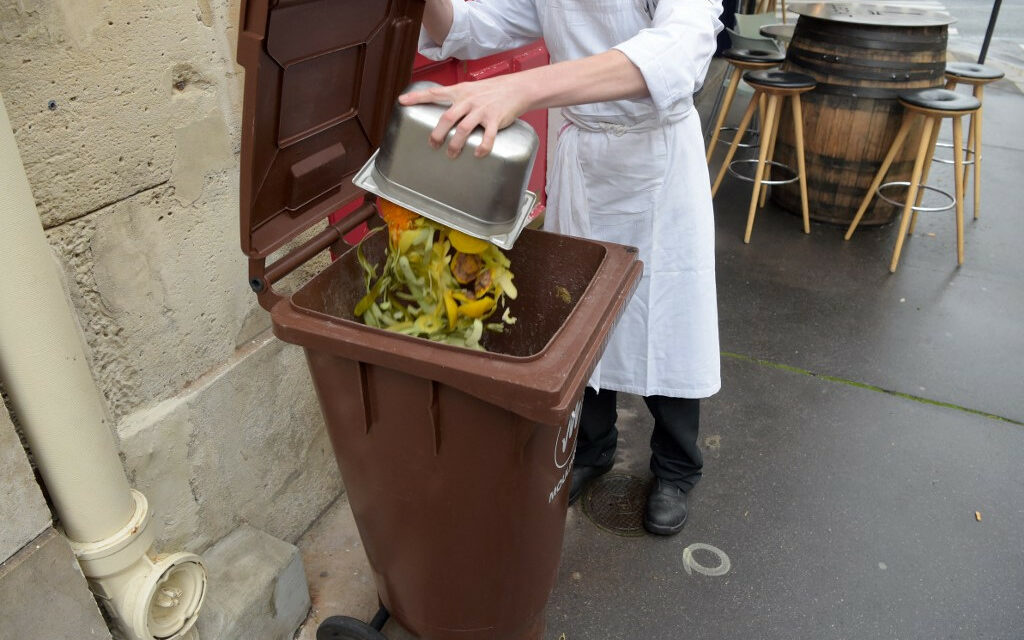From the beginning of 2024, households in the European Union member states must selectively collect food waste, and by 2030, the amount of food thrown in the trash must be halved.
In Hungary, we already throw away less food than the EU average, but with these measures we are taking another significant step towards the implementation of the waste management of the future, and thus the circular economy - pointed out Roland Agatics, managing director of the DTkH Duna-Tisza köz Hulladékgazdászáli Nonprofit Kft.
The expert, who is already well-known in the field of waste management, pointed out that climate change is now also affecting our everyday lives, for example, the seasons we have been accustomed to in our country are gradually disappearing. In terms of protecting our climate and the future of our planet, it is therefore crucial to, among other things, reduce the emission of greenhouse gases resulting from human activity.
In order to achieve this, the European Union set the goal, among other things, that after December 31, 2023, the member states must also ensure the selective collection of food waste for households.
No less than 57 million tons, i.e. 127 kilograms per person - that's how much food waste we produce in the European Union every year, according to Eurostat's report last November.
An improving Hungarian trend
About 55 percent of this is produced in households, which means 70 kilograms per person. In Hungary, the situation is more favorable in this regard: on average, we throw away "only" 65.5 kilograms of food waste per person - almost 635,000 tons for the entire population - in a year. And the data of the National Food Chain Safety Office and Nébih show an improving trend, emphasized Roland Agatics. As he explained, the amount of food thrown away unnecessarily decreased from 33.1 kilograms to 25.2 kilograms in five years. This means that the level of food waste in households has decreased by 24 percent between 2016 and 2021.
However, almost two-thirds of all residential food waste currently becomes municipal waste. It is therefore important to be aware that these organic substances also emit methane, i.e. a greenhouse gas, during their decomposition, i.e. they further increase the environmental burden. From the point of view of climate protection, it is therefore crucial to reduce the volume of this type of waste as much as possible, and at the same time to create the conditions for its utilization - emphasizes the managing director of DTkH Nonprofit Kft.
In his opinion, by collecting and processing food waste, we will take another significant step towards the waste management of the future and thus the implementation of the circular economy. Thanks to this, the treatment and disposal of not only communal, i.e. mixed, waste becomes easier. Even more important, high-quality humus can be obtained from food residues, and biogas plants can convert the methane gas produced during their decomposition into biomethane that can be used in many areas.
The full article in Magyar Hírlap .
Photo: Eric PIERMONT / AFP













